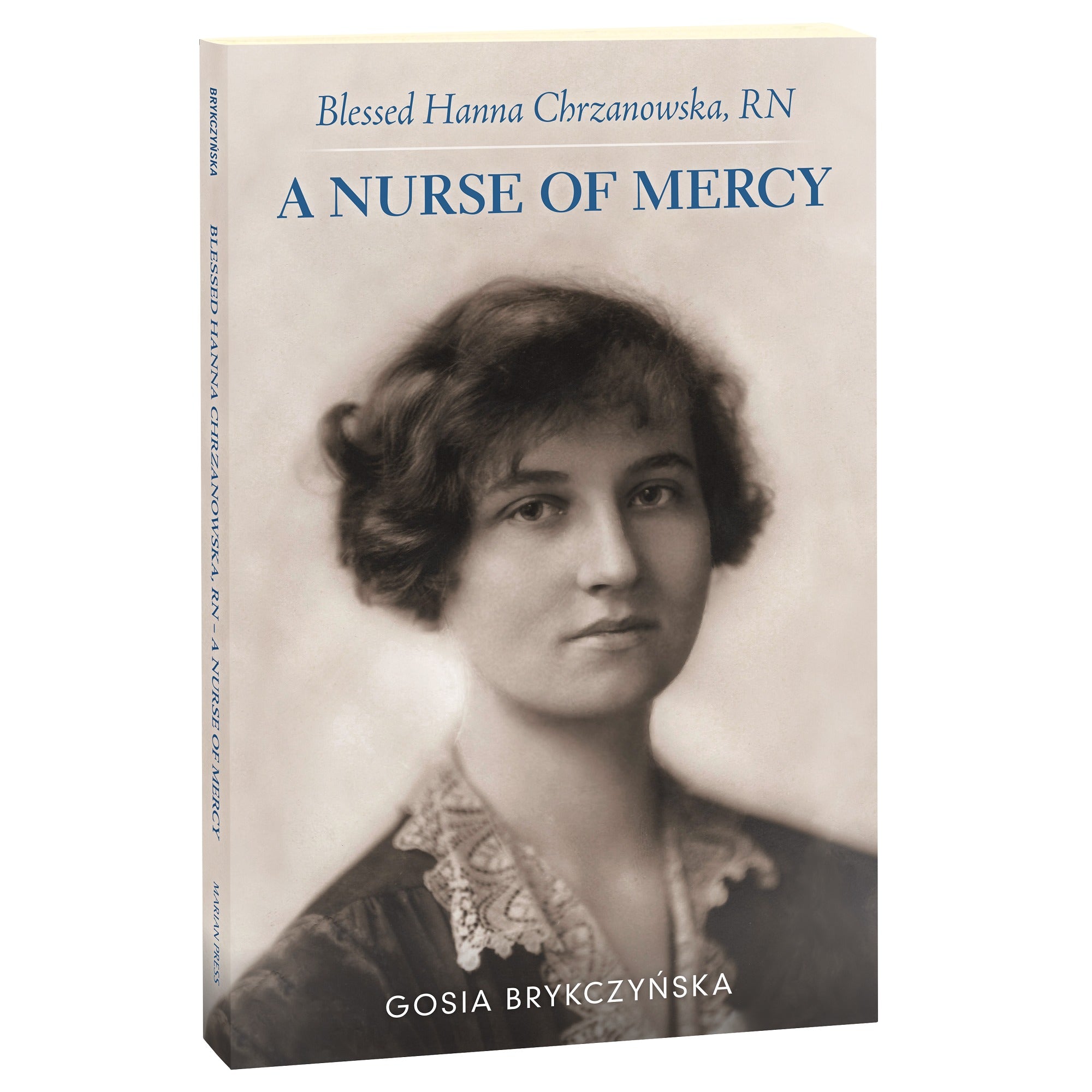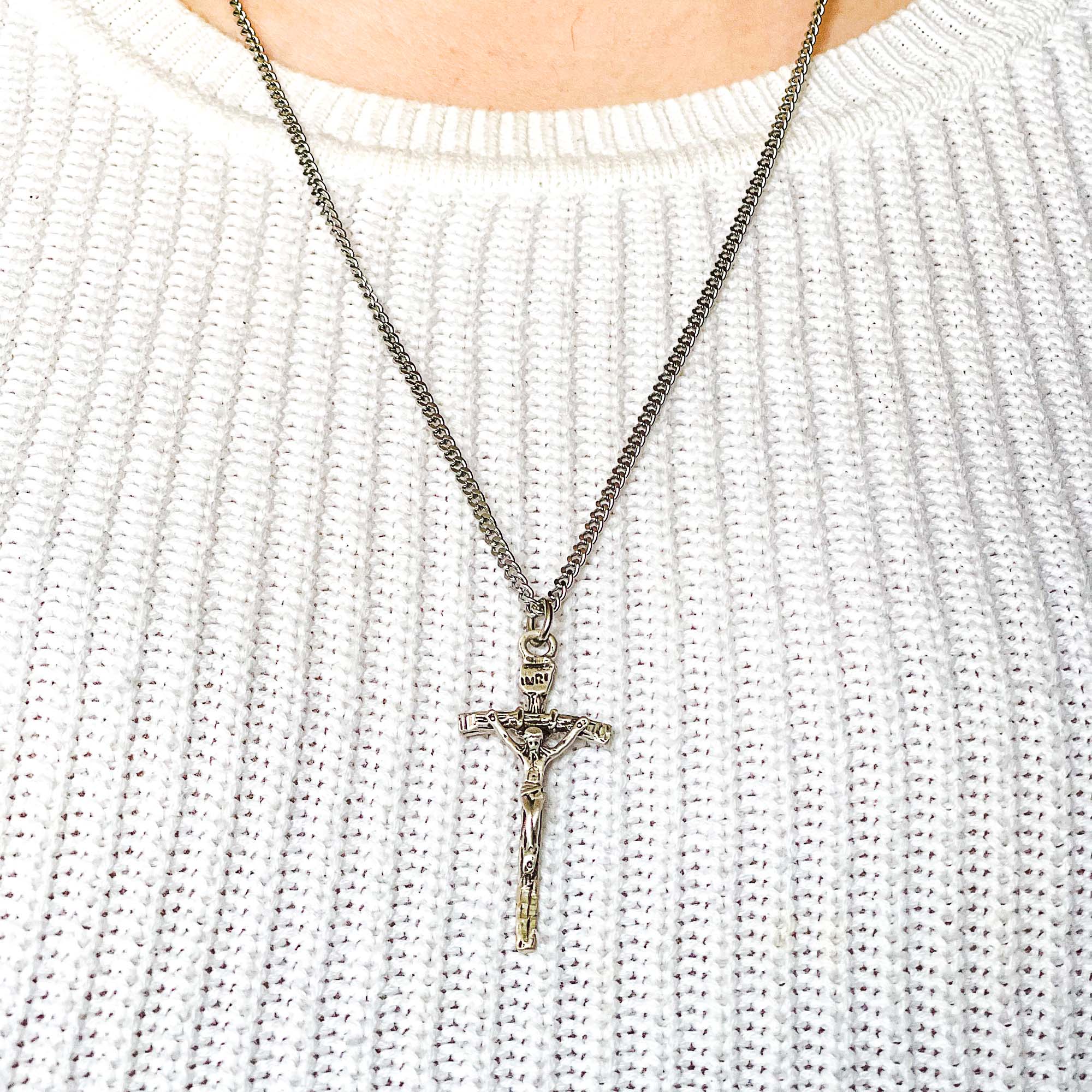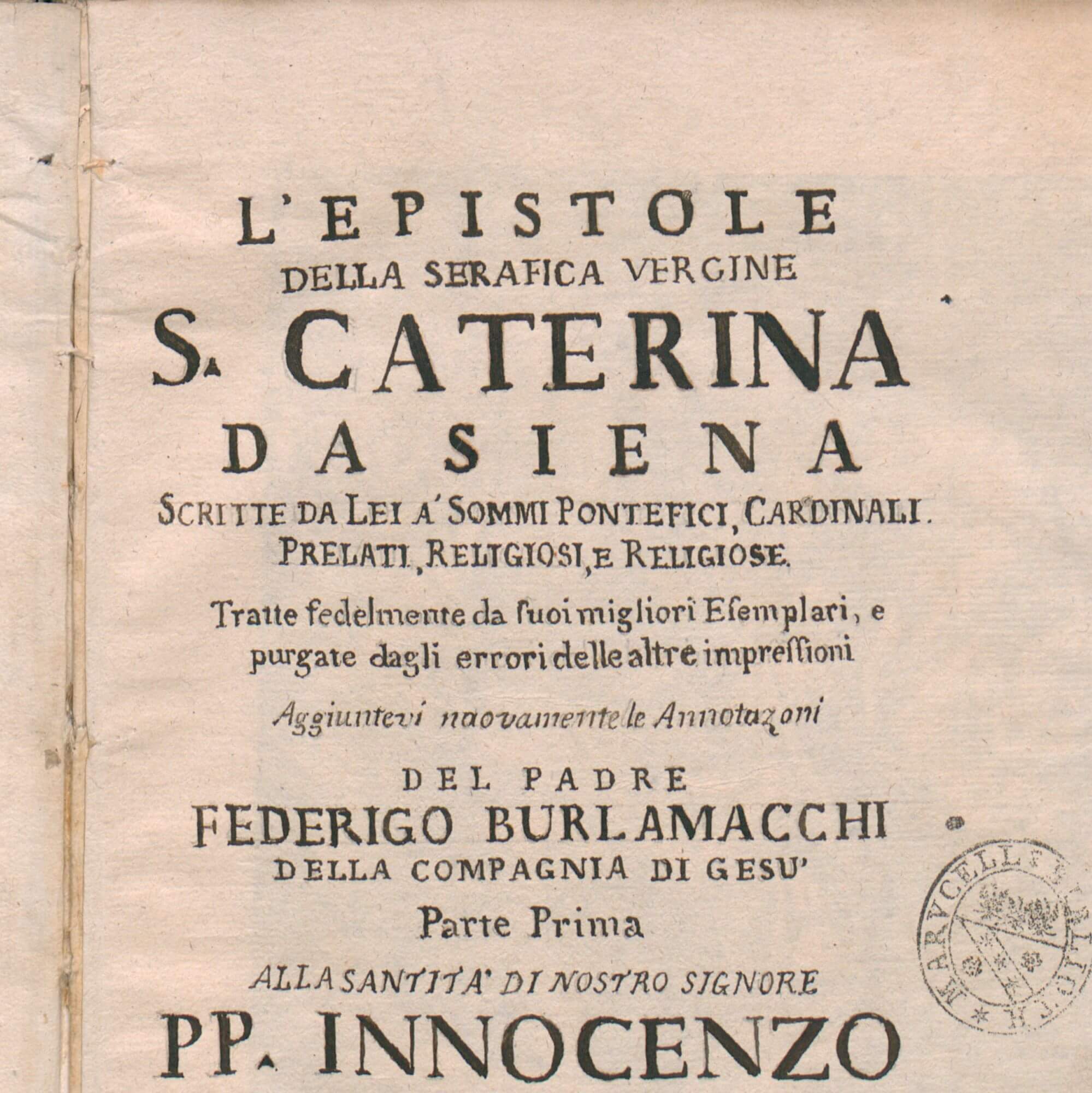Born in 1902, Hanna Chrzanowska came from a well-to-do philanthropic family in Warsaw, Poland. Inspired by her aunt, who was a nurse, she knew from an early age that she was called to follow the same profession.
She graduated from Warsaw’s school of nursing in 1924 and traveled to France and Belgium to study community nursing (i.e., nursing in a non-hospital setting). This would be her area of focus for most of her life.
The outbreak of World War II brought tragedy to Poland and to Hanna in particular. She lost her father in the Sachsenhausen concentration camp, her only brother in the massacre of Katyń, and a cousin and aunt in the fighting in Warsaw. She herself took up the call to aid those in need—assisting refugees, running food banks and soup kitchens, and finding shelter for Jewish children and other orphans.
The years surrounding the war brought a definite flowering of Hanna’s spiritual life. Daily Mass, frequent prayer, and deep love of the Blessed Sacrament became hallmarks of her devotion. In 1956, she became a Benedictine Oblate. Their motto of “prayer and work” was an apt expression of her own spirituality.
When the conflict ended, the Communists were in charge, but Hanna courageously continued to practice both her faith and her nursing work. She was eventually forced into retirement by the authorities, but little did they know that they were pushing her towards the work for which she would become famous: parish nursing.
In Kraków, Hanna saw that many of the sick were invisible: homebound, isolated, and poorly cared for. She consulted with a certain Fr. Karol Wojtyła about her plans. They worked closely together in the coming years—as he became Bishop of Kraków and then Cardinal—in this apostolate of the sick.
Hanna and her assistants (a group of priests, nurses, seminarians, students, and volunteers) brought not just top-quality medical care but also new life, joy, and spiritual sustenance to those suffering alone. Holy Mass was celebrated in their homes, retreats and morale-boosting holidays were organized, pastoral visits were made, retreats and conferences were hosted for the nurses. Soon the endeavor had spread to the whole archdiocese despite the Communists’ efforts to disrupt it.
Hanna died of cancer on April 29th, 1973, with the reputation of one who saw Christ in everyone she served and who brought His light to the most abandoned and suffering. As he celebrated her funeral Mass, Cardinal Wojtyła (the future Pope John Paul II) said that she was “an embodiment of Christ’s beatitudes from the sermon on the Mount, especially the one saying – ‘Blessed are the merciful’.”
He later opened her cause for beatification at the request of her colleagues in the Catholic Association of Nurses and Midwives. She was beatified by Pope Francis in 2018.
This is only a brief summary of the life of this extraordinary laywoman. You can read more in the fascinating book Blessed Hanna Chrzanowska, RN: A Nurse of Mercy, available today at The Catholic Company!



























